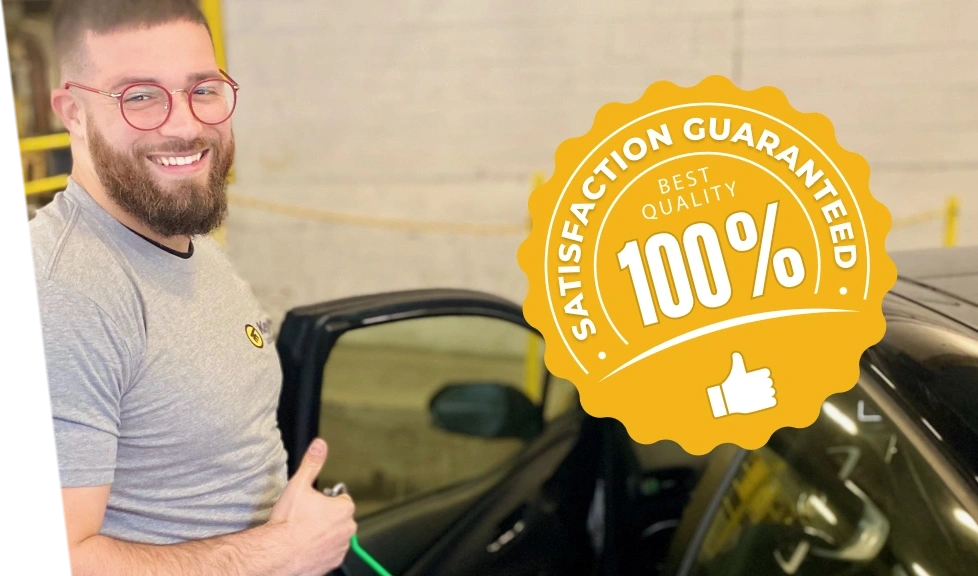Commercial Door Closer Repair Solutions
When it comes to the smooth operation of commercial spaces, the functionality of doors plays a crucial role. One component that contributes to the seamless experience is the door closer. A door closer ensures that doors close securely and consistently, providing convenience, security, and energy efficiency. If the commercial door lock is the star the door closer is what allows it to shine minimizing room for accidentally unlocked spaced meant for few eyes only such as a room full of secure filing cabinets with sensitive information. Commercial door repair, or Commercial door closer repair might be services you are seeking and by proxy exploring common issues, troubleshooting tips, and the importance of timely maintenance.
Understanding Commercial Door Closers
Before delving into repair strategies, it's essential to understand the basics of commercial door closers. These devices are automatic door closers further broken down in to categories like hydraulic door closer hardware or pneumatic systems designed to control the closing of doors, preventing them from slamming shut. They are commonly found in commercial buildings, schools, hospitals, and various public spaces.
There are several types of door closers, including surface-mounted closers, concealed closers, and floor-spring closers. Each type has its unique features and installation methods, but the fundamental purpose remains the same – to ensure controlled and secure door closing.
Common Issues with Commercial Door Closers
Over time, door closers may face a range of issues due to regular use, environmental factors, or improper installation. Recognizing these common problems is the first step towards effective door closer repair:
Leakage of Hydraulic Fluid: Hydraulic door closers rely on fluid to control the closing speed and prevent slamming. If there is a visible leakage of hydraulic fluid, it's a clear sign that the closer needs attention.
Irregular Closing Speed: A well-functioning door closer should provide a consistent closing speed. If you notice the door closing too quickly or too slowly, adjustments are required.
Door Slamming: One of the most noticeable issues is a door that slams shut instead of closing gently. This can be not only inconvenient but also damaging to the door and its frame.
Loud or Unusual Noises: Unusual sounds during the door-closing process, such as squeaking or grinding, can indicate internal issues that need addressing.
Difficulty in Opening or Closing: If the door becomes difficult to open or close, it may be a sign that the door closer is not functioning correctly.
Troubleshooting and Repair Tips
Once you've identified the issue with the door closer, some troubleshooting and repair tips can help address the problem:
Inspect for Leaks: If there is evidence of hydraulic fluid leakage, inspect the closer for damaged seals or loose connections. Replacing the seals or tightening the connections may resolve the issue.
Adjust Closing Speed: Most door closers have adjustable valves to control closing speed. Refer to the manufacturer's instructions to locate these valves and make necessary adjustments to achieve the desired closing speed.
Lubrication: Regularly lubricate moving parts, such as hinges and pivot points, to reduce friction and ensure smooth operation. Use a suitable lubricant recommended by the door closer manufacturer.
Check for Obstructions: Inspect the door closer and surrounding areas for any obstructions that may impede its proper functioning. Clear away any debris or objects that could be affecting the door closer's performance.
Inspect Mounting and Alignment: Ensure that the door closer was securely mounted and aligned according to the manufacturer's specifications during the door installation. Loose screws or misalignment can lead to operational issues.
The Importance of Timely Maintenance
Preventive maintenance is crucial to extending the lifespan of commercial door closers and preventing costly repairs. Regular inspections of commercial doors and locks and maintenance routines can identify potential issues before they escalate, ensuring that doors operate smoothly and securely. Here are some maintenance tips:
Scheduled Inspections: Implement a regular schedule for inspecting door closers in your commercial space. This can be done monthly or quarterly, depending on the level of door usage.
Cleaning and Lubrication: Clean the door closer regularly to remove dust and debris. Lubricate moving parts as recommended by the manufacturer to reduce friction and prevent premature wear.
Tighten Loose Components: Check for loose screws or bolts and tighten them as needed. Loose components can lead to misalignment and affect the door closer's performance.
Understanding how commercial door closers work, their functioning, recognizing common issues, and implementing timely repairs and maintenance can contribute to a safer, more secure, and efficient commercial environment. By investing in the care of door closers, with the help of reputable commercial locksmith service businesses can avoid disruptions, enhance security, and create a positive experience for employees and visitors alike.

